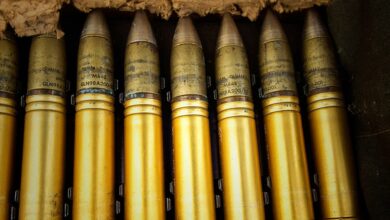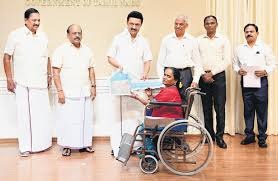
July 31, 2025 | Location: Bengaluru, Karnataka
In a groundbreaking medical revelation, researchers at a leading hospital in Bengaluru have discovered the world’s rarest blood group, known as ‘CRIB’, in a local woman. This is the first known case of CRIB blood detected in India, making it a historic event in hematology and transfusion science.
The term CRIB stands for a newly defined antigen profile, unclassified under existing systems like ABO and Rh. Experts say this blood group is so rare that it doesn’t match with any of the 43 existing blood group systems globally recognized by the International Society of Blood Transfusion (ISBT).
The Patient and Discovery
The patient, a 36-year-old woman from Bengaluru, was undergoing pre-surgical screening at a city hospital when doctors noticed incompatible cross-matching with all standard donor samples. Alarmed, they forwarded her blood to specialized immunohematology labs, where further testing revealed an unknown antigen profile.
After months of analysis, Indian scientists confirmed that the woman carries a unique and previously unidentified blood type, now named ‘CRIB’ for classification and research.
Why CRIB Is So Unique
According to hematologists, CRIB is ultra-rare and may be carried by only one in several million individuals globally. Its antigen pattern does not align with A, B, AB, O, nor any Rh (positive or negative) group.
Doctors say transfusing standard blood into someone with CRIB could trigger a fatal immune response. Currently, no donor match exists in any Indian or global blood registry for this group.
Medical Significance and Future Implications
The discovery of CRIB opens a new frontier in transfusion science, calling for updated blood donor registries, global collaborations, and enhanced genetic research to understand its inheritance pattern.
Dr. Veena Menon, a leading transfusion specialist involved in the discovery, stated:
“This is a once-in-a-career moment. We need immediate investment in research, as CRIB may be hiding in other undiagnosed cases across India and the world.”
The woman is now under medical monitoring, and protocols are in place to protect her from accidental blood mismatches.
How CRIB Compares to Other Rare Groups
While types like Bombay Blood Group and Rh-null (Golden Blood) were previously considered the rarest, CRIB is even rarer in terms of global occurrence and transfusion compatibility. Only a handful of people worldwide may have it, and no known blood bank currently stores CRIB-compatible blood.
National Medical Community Reacts
The Indian Council of Medical Research (ICMR) has acknowledged the breakthrough and plans to coordinate with AIIMS and other genetic labs to map potential CRIB carriers using DNA sequencing and antigen profiling.
Health Minister Mansukh Mandaviya called the discovery a “milestone in India’s scientific journey” and emphasized the need for establishing specialized cryobanks for rare blood types.
Conclusion
The identification of CRIB, the world’s rarest blood group, in Bengaluru, is a monumental step for India’s medical research. It underscores the complexity of human genetics and highlights the urgent need for advanced blood typing technologies, global awareness, and targeted donor identification for ultra-rare cases.










